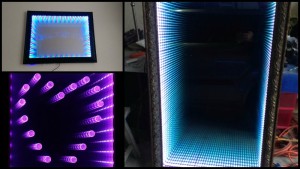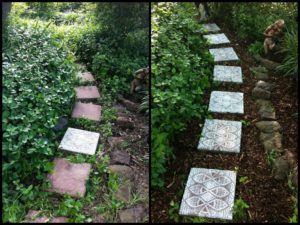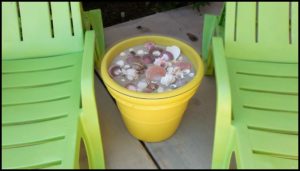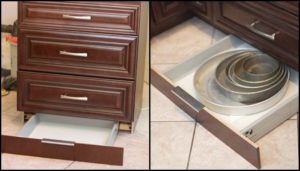Last Updated on July 1, 2023 by teamobn
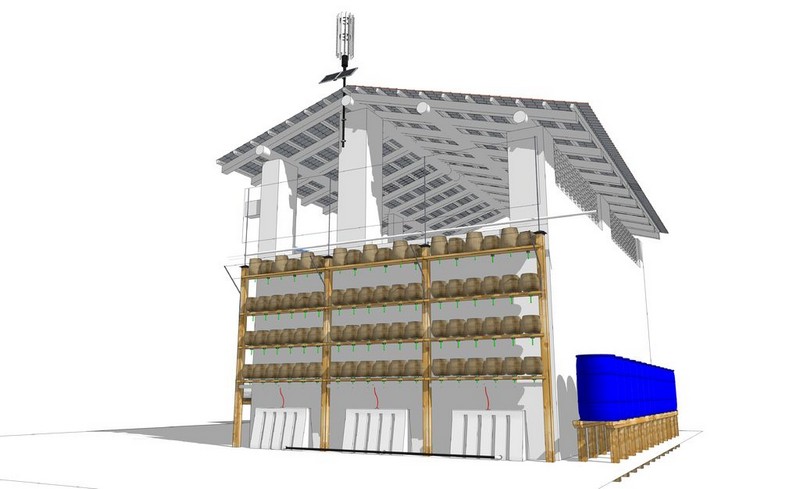
Gardening doesn’t get any ‘greener’ than this! Here’s a DIY self-watering vertical garden that uses recycled PET bottles as planters. And it’s equipped with an automatic watering system, powered by solar panels and a homemade wind turbine!
The vegetable garden is made up of 72 large water bottles cut in half and installed upside down on a wooden shelf. This self-watering vertical garden method enables you to plant a large quantity of produce in a very limited space.
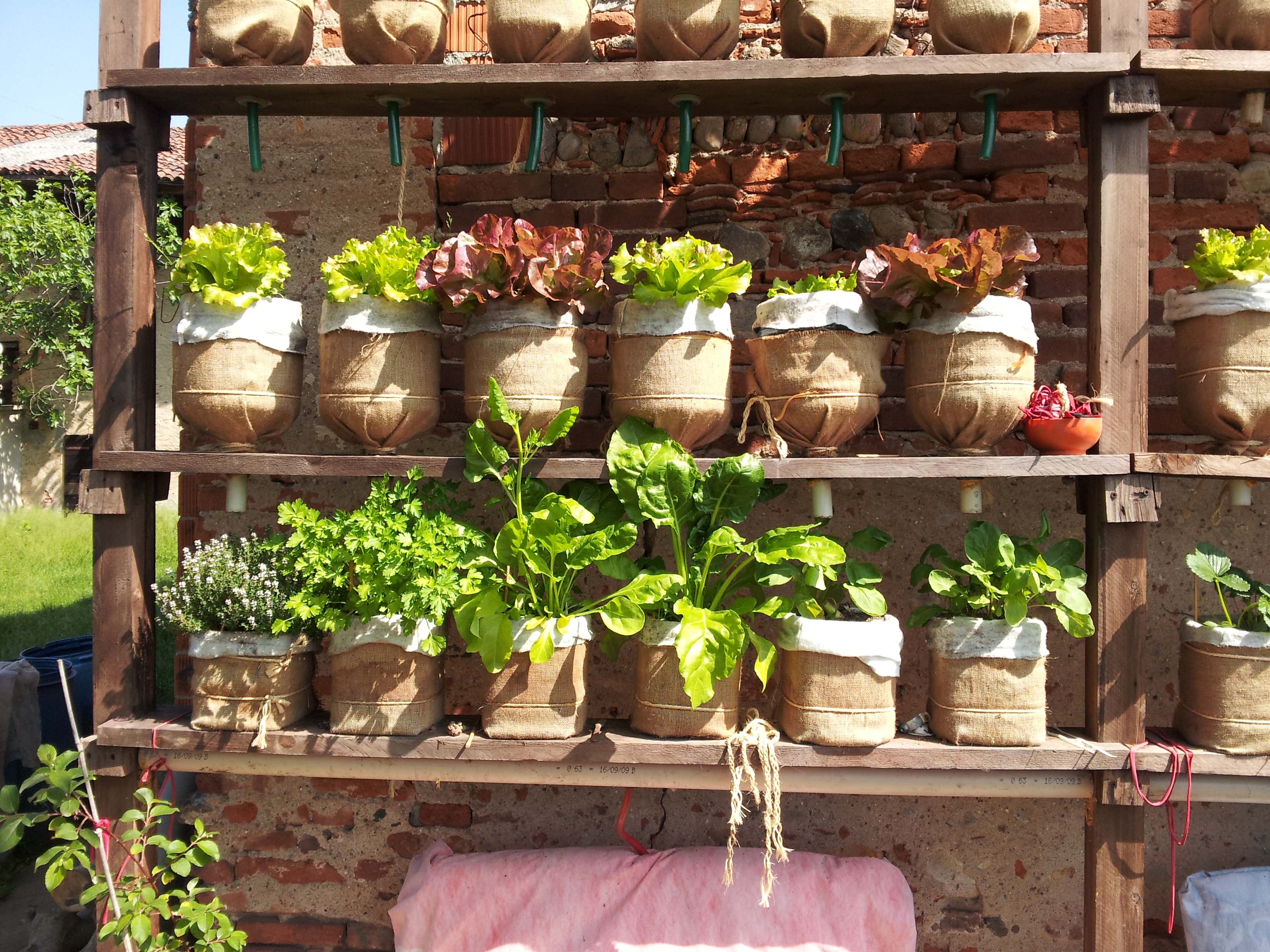
There are two water reservoirs in this self-watering vertical garden. The first one collects rainwater. It’s situated on the side of the green wall and is comprised of eight barrels each holding 200 litres of water. The second reservoir located under the wooden shelf collects excess water from the planters. These bottom reservoirs are made from repurposed street barriers!
The water is pumped from the reservoir into a PVC pipe with holes on top of the green wall. Water then drips to the planters and the excess goes back to the reservoir of the self-watering vertical garden creating a complete cycle!
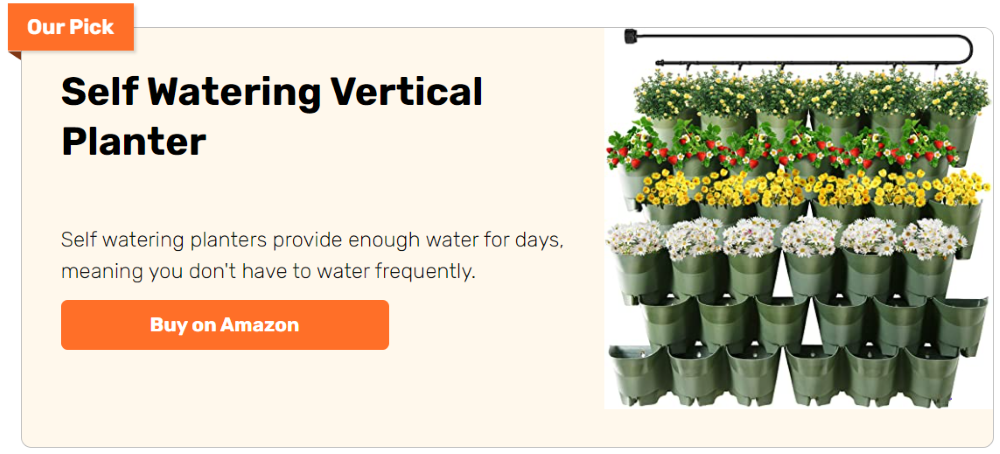
The water in this self-watering vertical garden is circulated using 12v pumps which are powered by a turbine and two solar panels. The power is stored in a car battery. To maintain the right moisture the watering system is regulated by a timer.
Click on any image to start the lightbox display. Use your Esc key to close the lightbox. ![]()


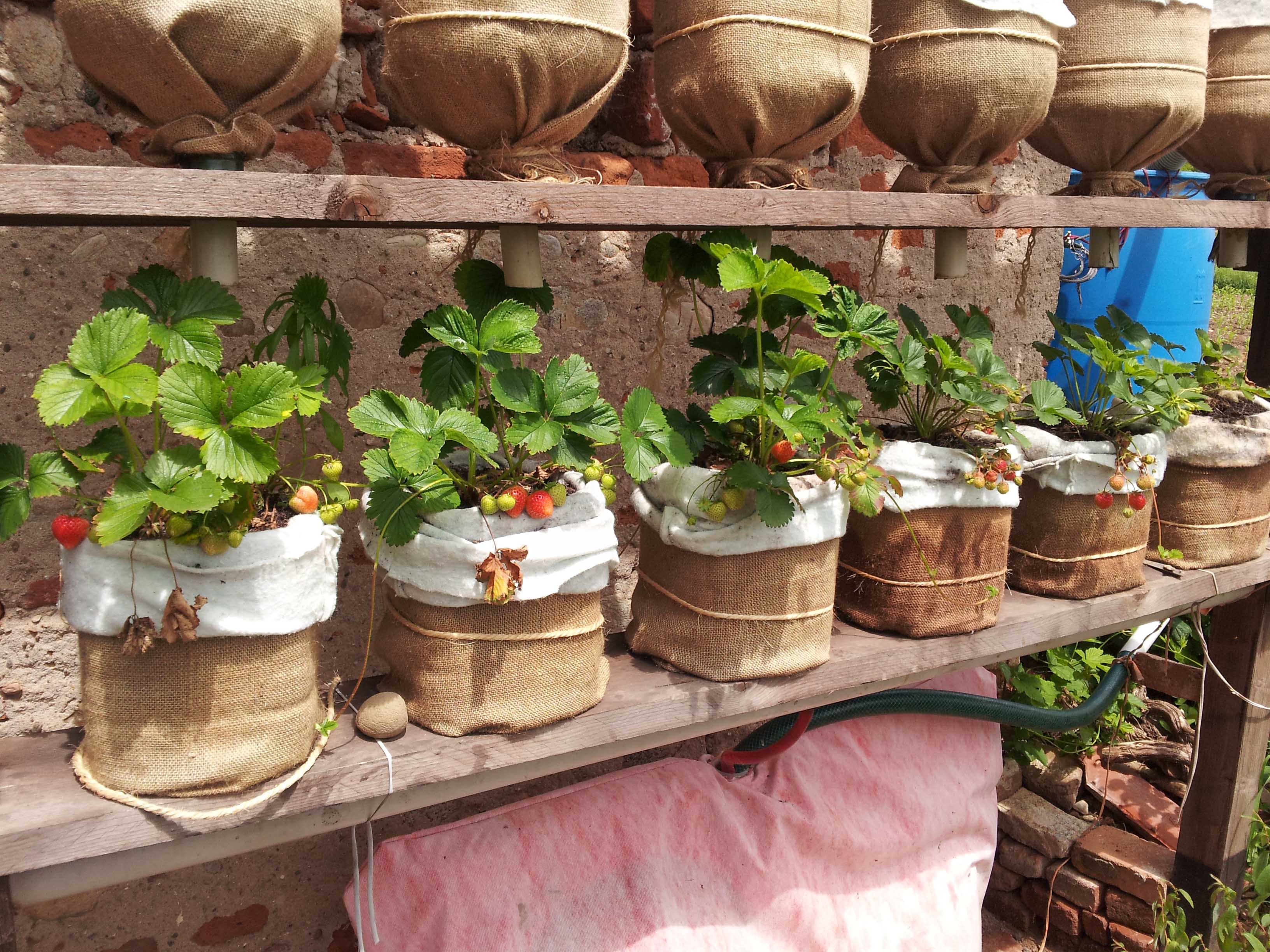
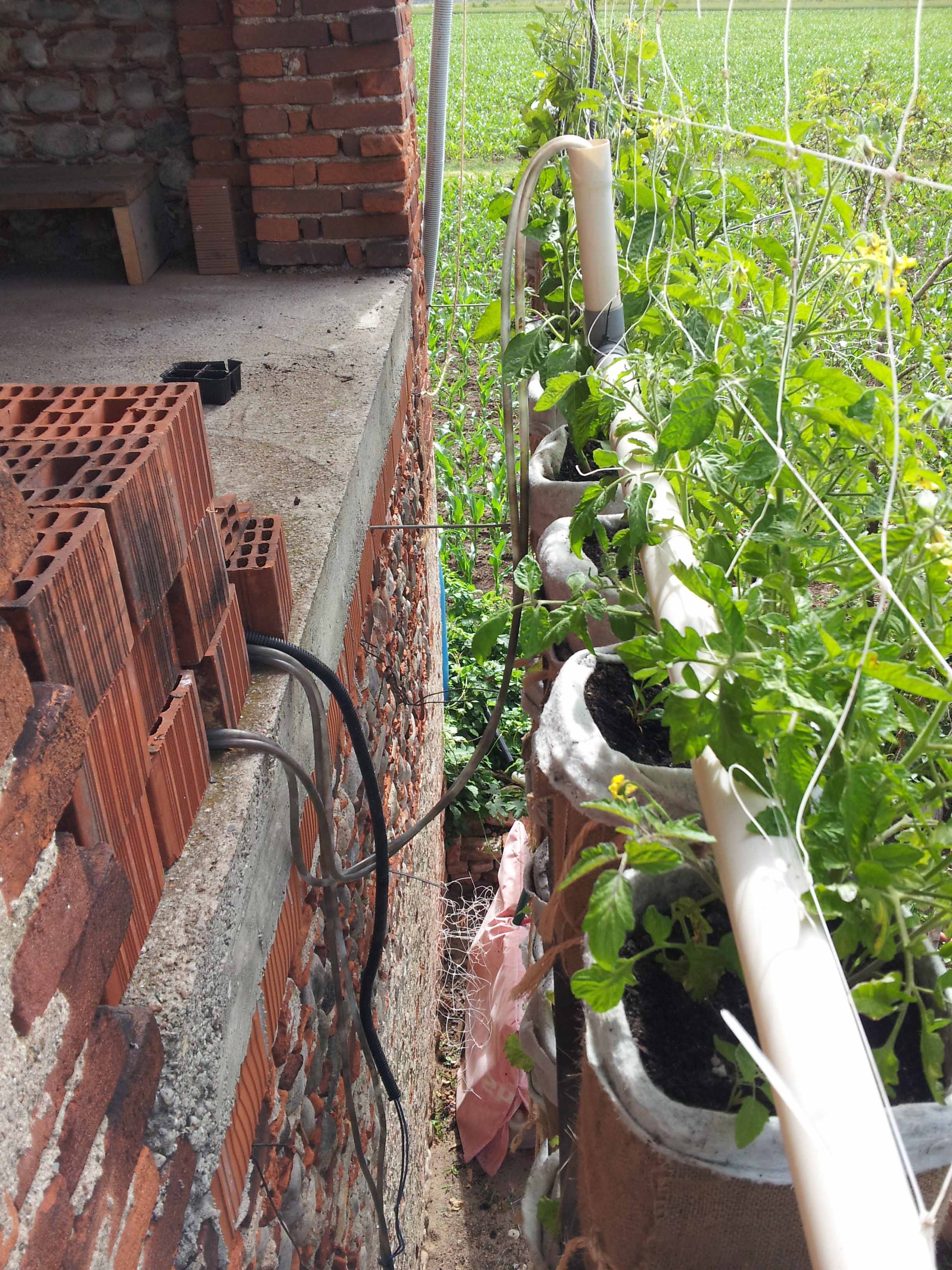
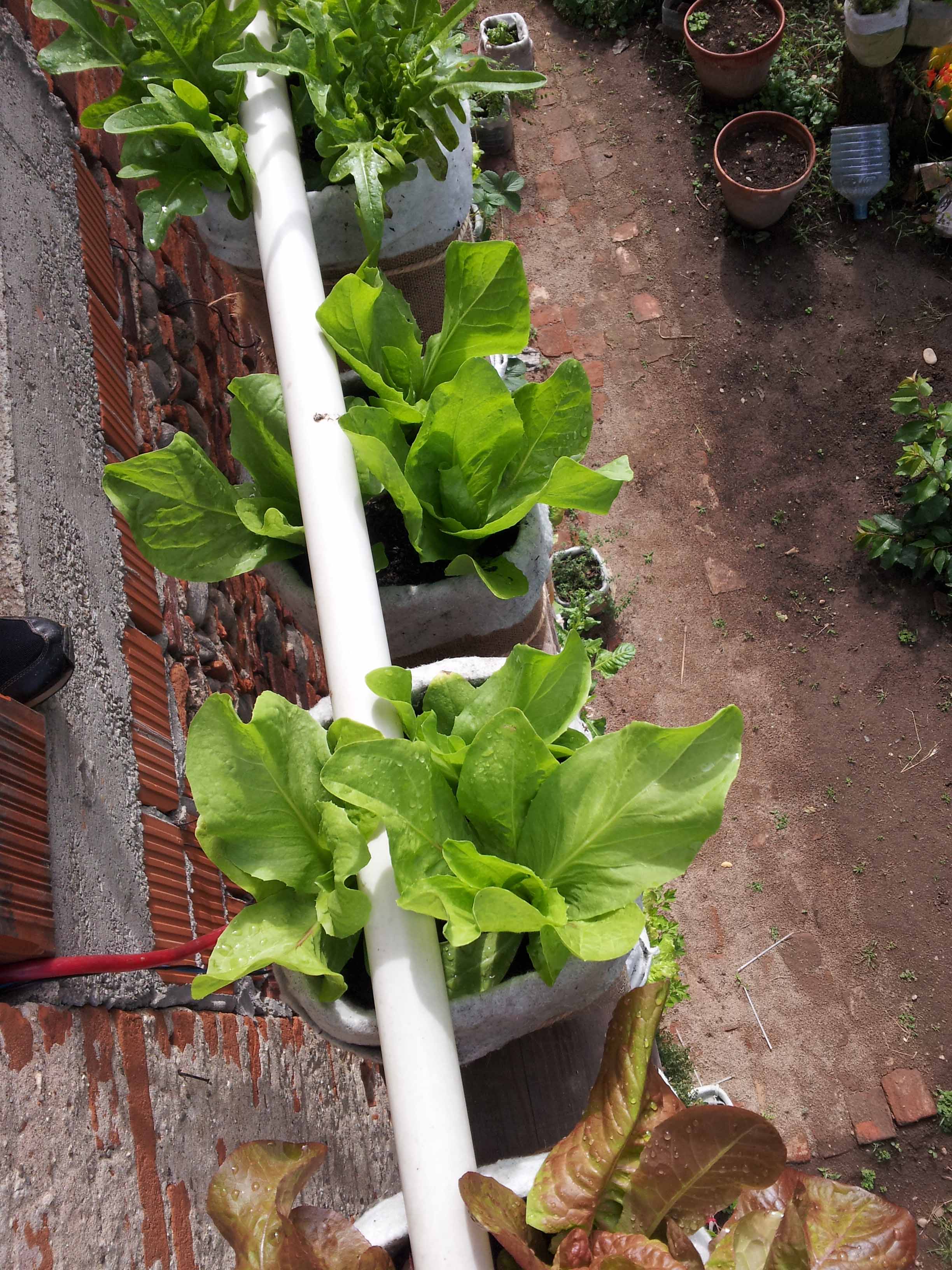

Materials:
- 2” Pine Planks
- 4×4 Pine Timbers
- Large PET Bottles
- 200-litre Plastic Barrels
- 100-Liter Plastic “New Jersey” Street Barriers
- 12v Water Pumps
- Hybrid Power System
- 10w PV Panels
- Vawt Turbine
- 12v Car Battery
- Timer – to regulate the watering cycle
- 4-cm PVC Pipe
- Plastic Cap
- Water Hose
- Rubber Bands
- Juta Net
- Juta Cord
- Screws
Tools:
- Cordless Drill
- Hand Saw
- Tape Measure
- Hole Saw
Steps to make your own self-watering vertical garden:
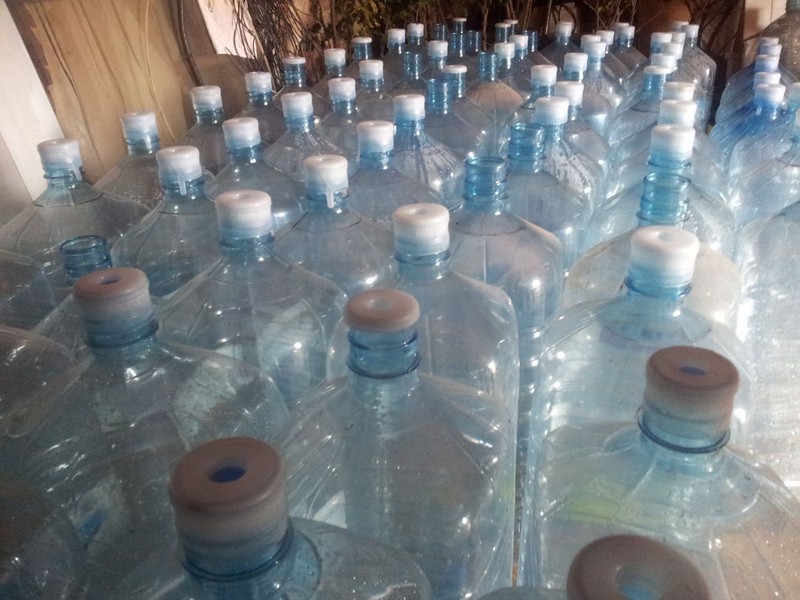
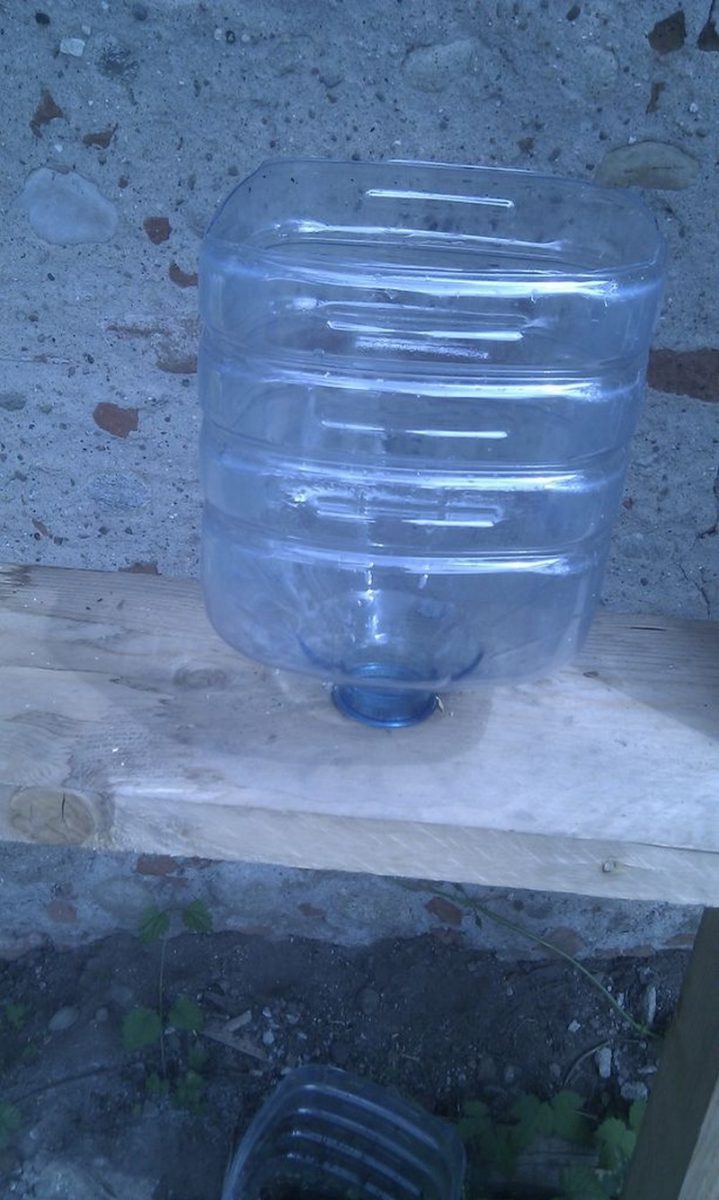
I obtained from my friend Ricky a hundred 18l PET bottles round and square-shaped, ideal for my project.
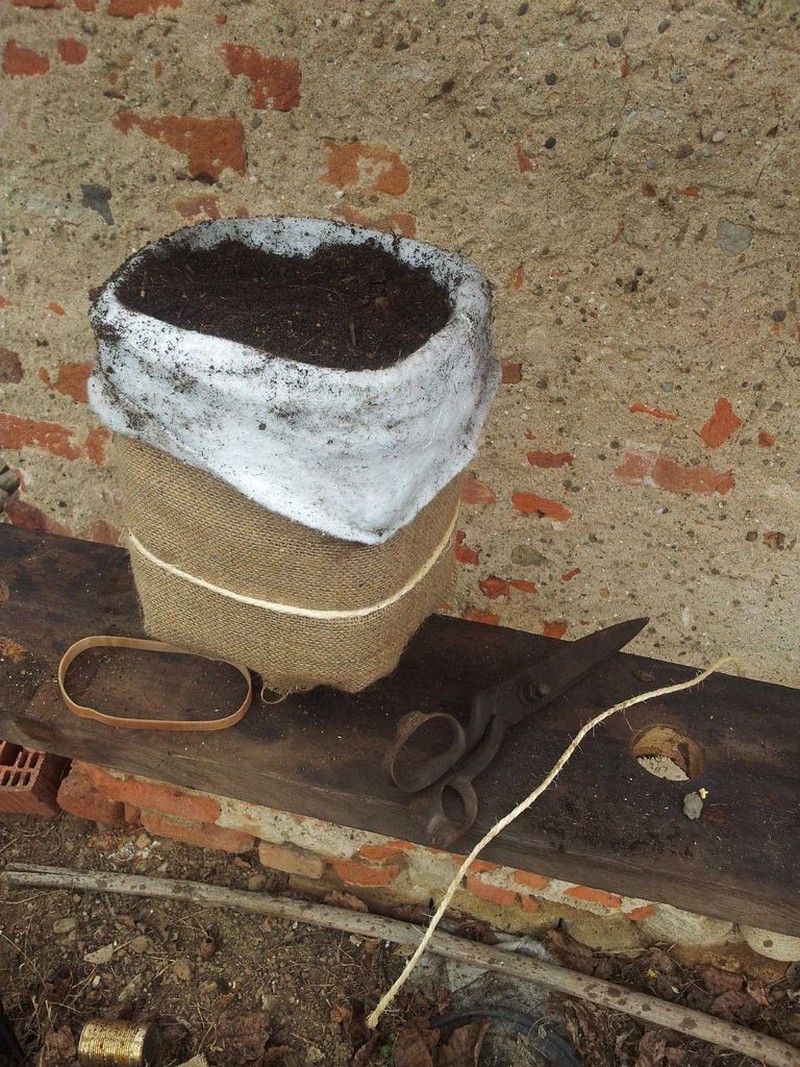
The prototype of the planter was a cut bottle filled with 1/3 of expanded clay and 2/3 of soil.
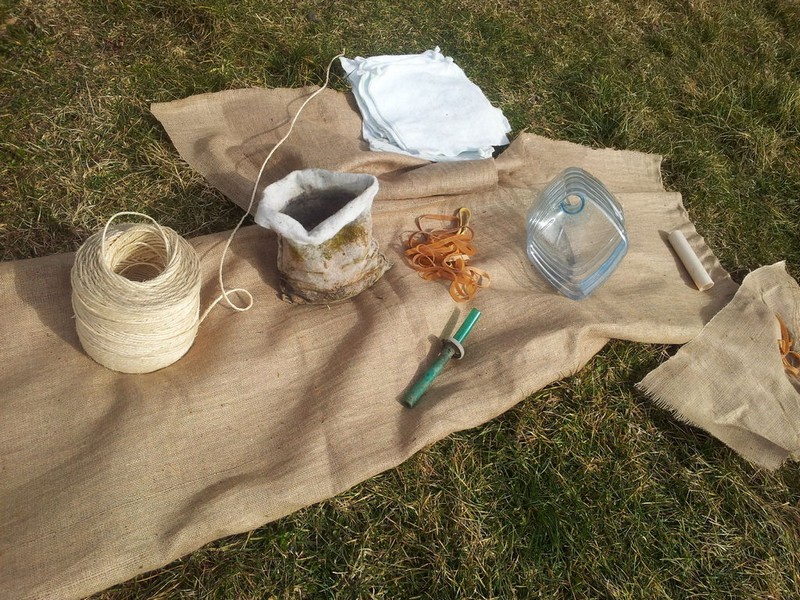
To prevent the mixing of the clay, I decided to use felt bags to sew from a mat bought on the internet.
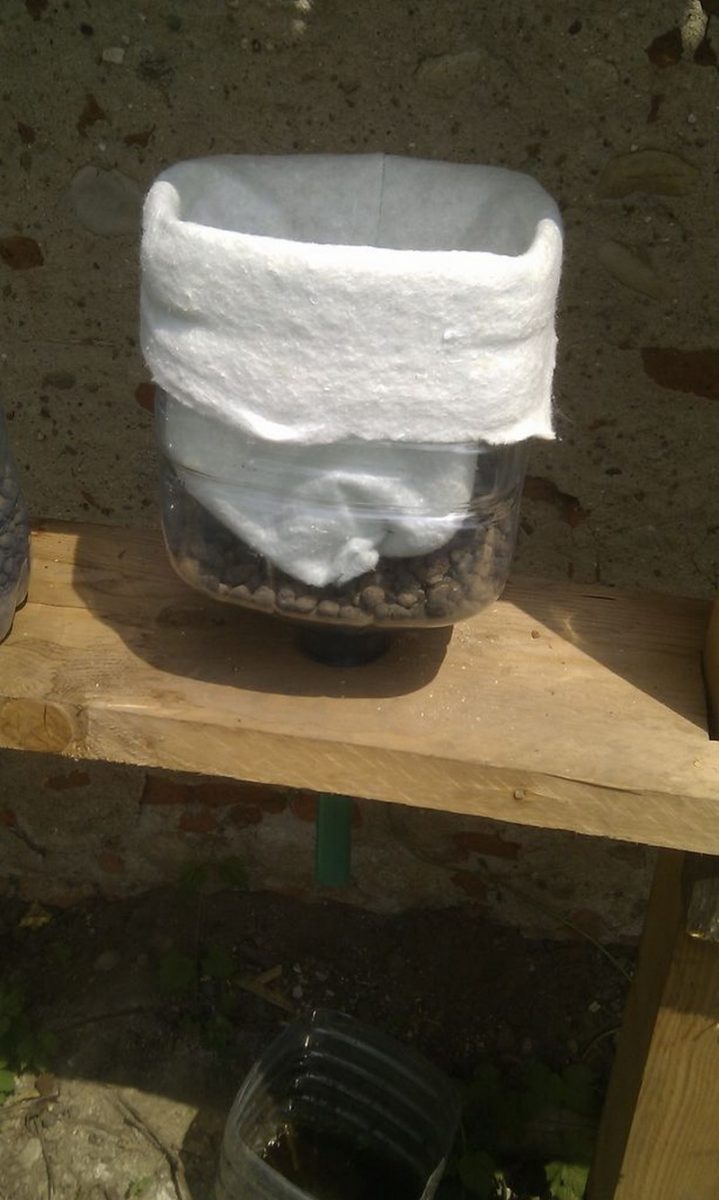
This solution creates an air gap between the internal wall of the bottle and the soil, adding some aeration to the system. This bag is reusable and permits remixing the soil after harvest.
Continued Page 2…


